Common Nutrition Myths: Debunking Misconceptions
You may think you have a good grasp on what constitutes a healthy diet, but some common nutrition myths may have misled you.
Despite what youG??ve heard, not all carbs are the enemy of weight loss, and not all fats are bad for you.
The protein obsession may not be as necessary as youG??ve been led to believe.
And those detox diets youG??ve been considering may not be as beneficial as they claim to be.
ItG??s time to take a closer look at these misconceptions and separate fact from fiction when it comes to nutrition.
Carbs: The Enemy of Weight Loss
DonG??t believe the myth that carbs are the enemy of weight loss; they can actually be an essential part of a balanced diet. Carbohydrates are your bodyG??s preferred source of energy. When you consume carbs, your body breaks them down into glucose, providing fuel for your muscles and brain.
The key is to choose the right kind of carbs. Opt for complex carbohydrates like whole grains, fruits, and vegetables, which are high in fiber and nutrient-dense, rather than simple carbohydrates like sugary snacks and refined grains.
Including the right amount of carbs in your diet can aid in weight loss. They help regulate your metabolism and keep your energy levels stable, preventing unhealthy snacking and overeating. Additionally, carbs play a crucial role in muscle recovery after exercise, which is essential for overall fitness and weight management.
ItG??s important to remember that moderation is key. Portion control and choosing nutrient-rich carbs over processed ones are vital for reaping the benefits without sabotaging your weight loss efforts. So, rather than demonizing carbs, focus on making smart choices to support your overall health and weight goals.
All Fats Are Bad
Choosing the right kinds of fats can be just as important as selecting the right kind of carbs for your overall health and weight management. Contrary to the common belief that all fats are bad for you, the truth is that fats are an essential part of a healthy diet. Not all fats are created equal, and some can actually be beneficial for your health.
Unsaturated fats, found in foods like avocados, nuts, and olive oil, can help lower bad cholesterol levels and reduce the risk of heart disease. Omega-3 fatty acids, found in fatty fish like salmon and flaxseeds, are crucial for brain function and can also help reduce inflammation in the body.
ItG??s important to limit your intake of saturated and trans fats, often found in processed and fried foods, as these can increase the risk of heart disease and other health issues. However, incorporating healthy fats into your diet can actually aid in weight management, as they help you feel full and satisfied, leading to reduced overall calorie intake.
The Protein Obsession
You may have heard a lot about the importance of protein in your diet, but itG??s essential to separate fact from fiction when it comes to this nutrient. While protein is indeed crucial for various bodily functions, thereG??s no need to obsess over it.
The myth that you need massive amounts of protein to build muscle has been perpetuated in the fitness industry, but the truth is that most people can meet their protein needs through a balanced diet without the need for excessive protein supplements.
ItG??s important to understand that more protein doesnG??t always mean better health. Consuming too much protein can lead to an imbalance in your nutrient intake and may even put strain on your kidneys.
Instead of fixating on high-protein diets, focus on including a variety of nutrient-dense foods in your meals. This wonG??t only provide you with the necessary protein but also ensure that youG??re getting a wide range of essential vitamins and minerals.
Detox Diets: Cleansing or Harmful?
While the protein obsession may have led many to focus on specific nutrient intake, the discussion now shifts to the controversial topic of detox diets: are they truly cleansing or potentially harmful? Detox diets claim to cleanse your body of toxins, improve energy levels, and promote weight loss. However, thereG??s limited scientific evidence to support these claims. In fact, some detox diets can be harmful and may lead to nutrient deficiencies, dehydration, and a slowed metabolism.
Many detox diets involve severe calorie restriction and the elimination of entire food groups, which can deprive your body of essential nutrients and lead to muscle loss. Additionally, some detox programs promote the use of laxatives or diuretics, which can disrupt the bodyG??s natural electrolyte balance and lead to dehydration.
Furthermore, your body has its own built-in detoxification system involving the liver, kidneys, and digestive system. These organs work together to eliminate toxins and waste products from your body. Instead of extreme detox diets, focus on consuming a balanced diet rich in fruits, vegetables, lean proteins, and whole grains to support your bodyG??s natural detoxification processes.
Conclusion
So, now that you have the facts, itG??s time to ditch the myths and embrace a balanced approach to nutrition. Carbs arenG??t the enemy, fats can be healthy, and protein is important but not the only focus.
And as for detox diets, they may do more harm than good. Remember, the key to a healthy diet is moderation and variety. DonG??t let misconceptions hold you back from making informed choices for your health.

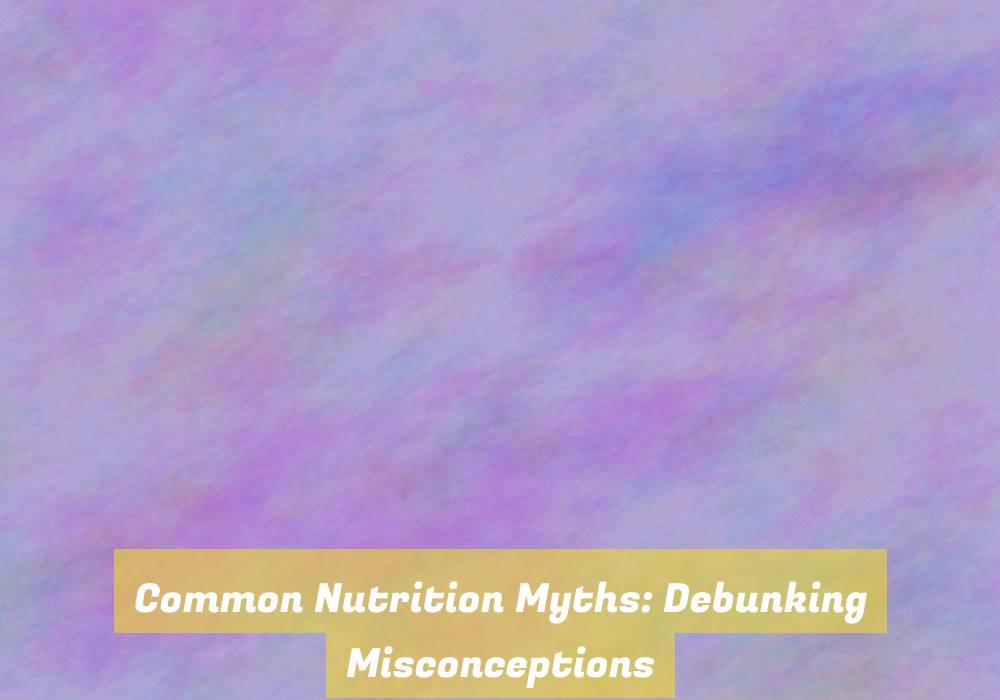
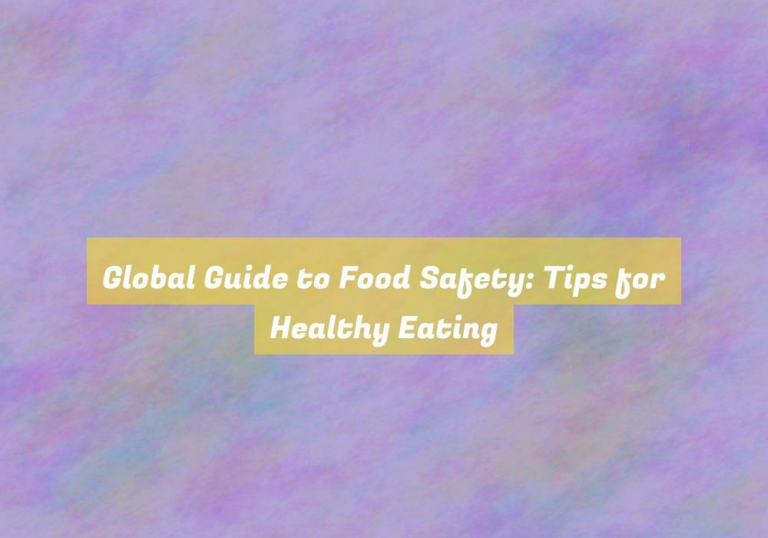
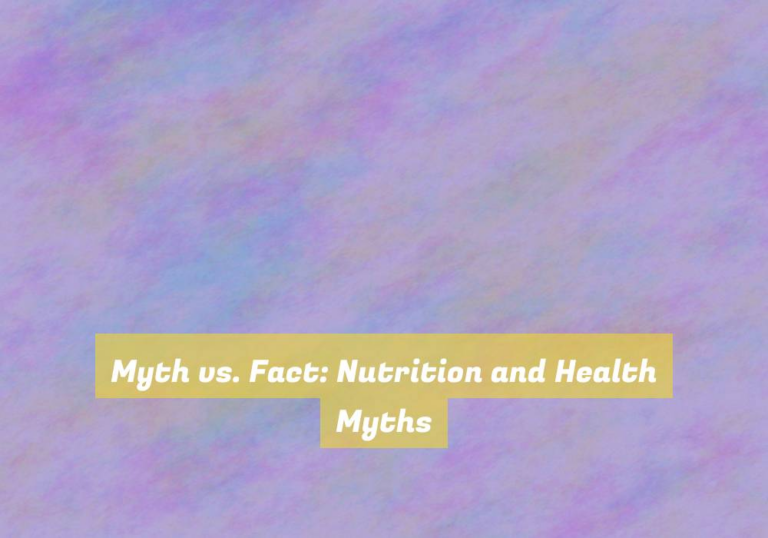
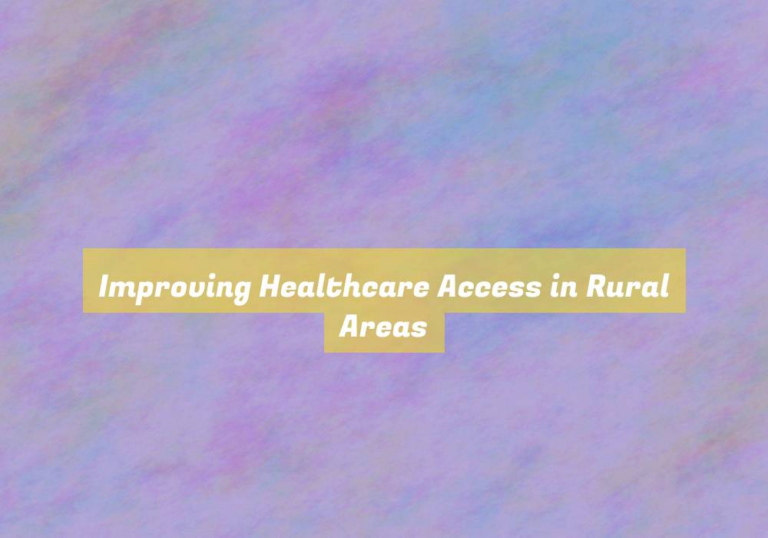
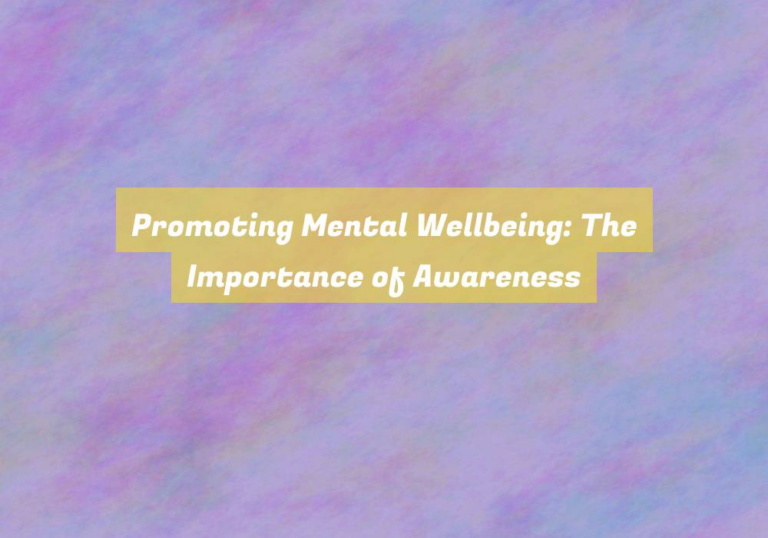
Your insights on nutrition myths resonate deeply with my own journey toward understanding a balanced diet. I’ve often found myself questioning the strict categorization of foods, especially when it comes to carbs and fats. For instance, I used to avoid fruits out of a misguided fear of sugar, only to discover that their fiber and nutrient content is incredibly beneficial.